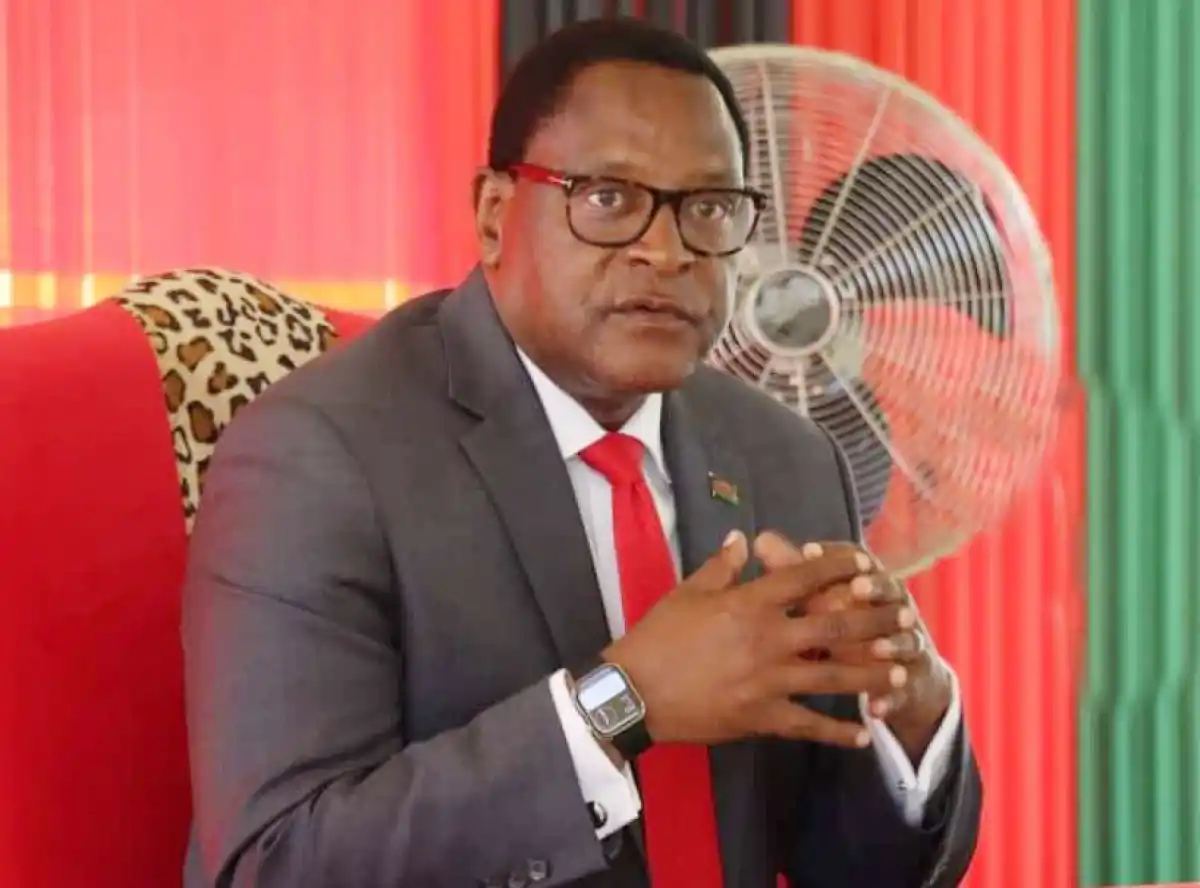
President Lazarus Chakwera has said Malawi is transitioning from the Open Tender System for procuring fuel to a Government-to-Government (G-to-G) arrangement as one way of ensuring continued supply of the commodity on the market.
He was speaking last night when he updated Malawians on progress registered to deal with three critical challenges of hunger, fuel scarcity and political violence.
Over the past six weeks, motorists have been sleeping at filling stations for days just to refuel their vehicles as Malawi experiences one of the worst fuel crises in recent history.
According to Chakwera, a G-to-G arrangement would make Malawi’s access to fuel more secure through better payment terms and cycles.
He disclosed that he has since constituted a coordinating committee to facilitate and execute all aspects of the G-to-G policy.
“This committee is being supported by a technical committee of technocrats from the respective ministries, and they all have my instructions to work with speed to secure the first G-to-G agreements for our country.
“As a first step in pursuing this, I have accepted an invitation from the President of the United Arab Emirates to visit him in Abu Dhabi next week, at his own government’s expense, to discuss this and other matters for the long-term fuel security of our country,” Chakwera said.
He, however, avoided the issue of raising fuel prices as a solution to the current fuel crisis.
He observed that, currently, Malawi’s monthly fuel demand stands at $50 million, which is used by the National Oil Company of Malawi (Nocma) and Petroleum Importers Limited (PIL).
Chakwera admitted that the rate at which Malawi generates foreign exchange has not kept pace with the growing demand for fuel, making these two importers unable to raise enough forex from the market to import the required volumes of fuel.
“For instance, in the month of August, Nocma only raised $23 million of the required forex, while in September and October, that number fell below $20 million, increasing Nocma’s debt to suppliers to $72 million in October and resulting in a 10-day suspension in Nocma’s access to fuel imports.
“It is this 10-day suspension that created the fuel queues over the past six weeks, forcing many of you to suffer long days and nights at fuel stations, as well as disruptions to your lives, work and businesses,” Chakwera said.
Wednesday, the Consumers Association of Malawi (Cama) said current nationwide fuel scarcities have had a huge negative impact on prices of goods and services.
Cama Executive Director John Kapito said market inspections by the consumer rights body have shown that most goods on the market have gone up by an average of 50 percent while transport costs have gone up by 70 percent .
“Consumers Association of Malawi lobbied for regulated fuel price increases to avoid these fuel scarcities that were eminent due to import challenges for fuel that had put pressure on financial instruments used for fuel imports, which resulted in Mera accumulating debts of over K2 trillion as a result of lower fuel pump prices.
“The failure by Mera to use the Automatic Pricing Mechanism (APM) exposed the fuel industry and market to more forex challenges and continued losses from fuel pumps.
“Cama warned the country about the impending fuel scarcities, taking into consideration that scarcities are more harmful than gradual increases of fuel prices on the economy, transporters and consumers,” Kapito said.
On hunger that continues to ravage the country, Chakwera said Malawi still faces a deficit of K89 billion to meet the K347 billion target needed to feed 5.7 million hungry Malawians up to March next year.
“That means we still have 1.2 million affected people who are still waiting for their turn to receive support and, so, we continue to lobby for additional support to ensure that the emergency operation reaches everyone who needs help and is sustained all the way to the end of March,” he said.
On pockets of political violence that have erupted in recent weeks, a development that has seen panga-wilding thugs stopping anti-government demonstrations twice in Lilongwe, Chakwera joined former presidents Joyce Banda, Bakili Muluzi and Peter Mutharika in condemning the acts.
According to Chakwera, the violence has already seen a political party member being killed in Blantyre.
“These things will take our country nowhere, and I am calling on the Malawi Police Service to do its job of investigating every incident of political violence and bringing suspects to book.
“Malawians are peace-loving people and those who use their freedom of political participation or right to demonstrate for violent ends must not be allowed to ruin our reputation as a beacon of democracy in Africa,” he said.
The Malawi leader also encouraged Malawians to go and register to vote in next year’s elections.


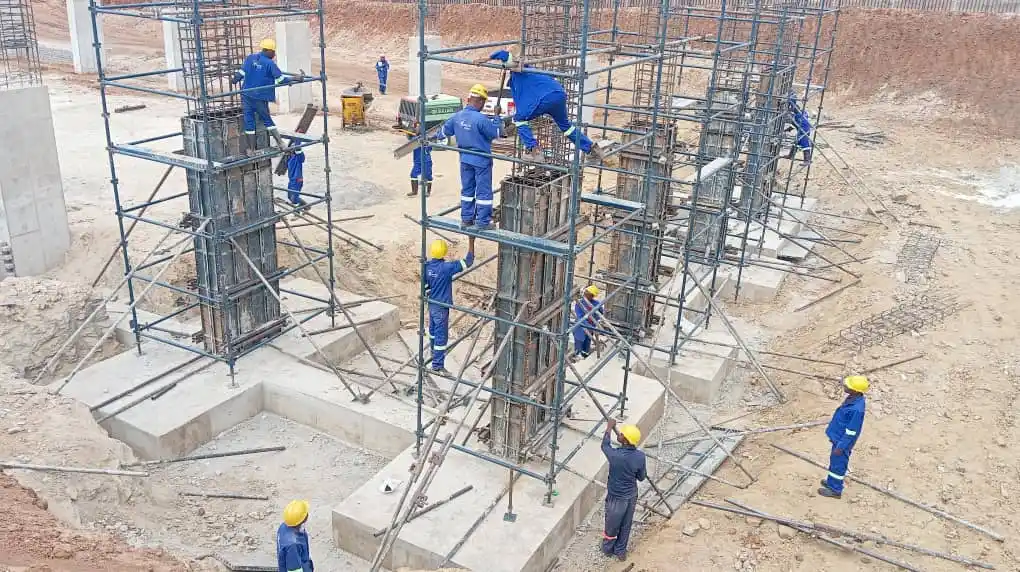
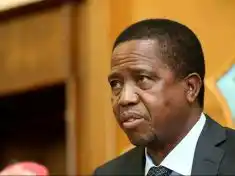
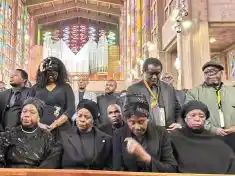
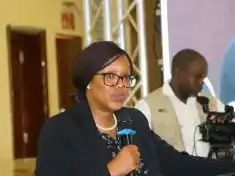
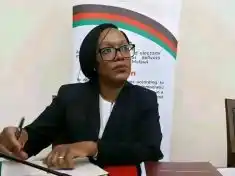

0 Comments